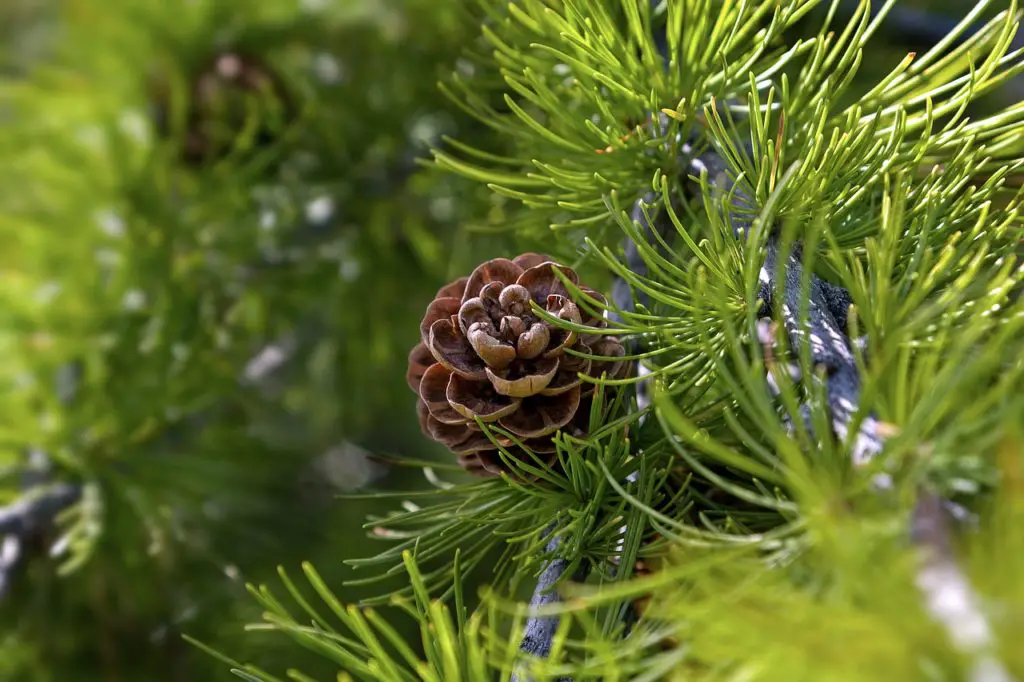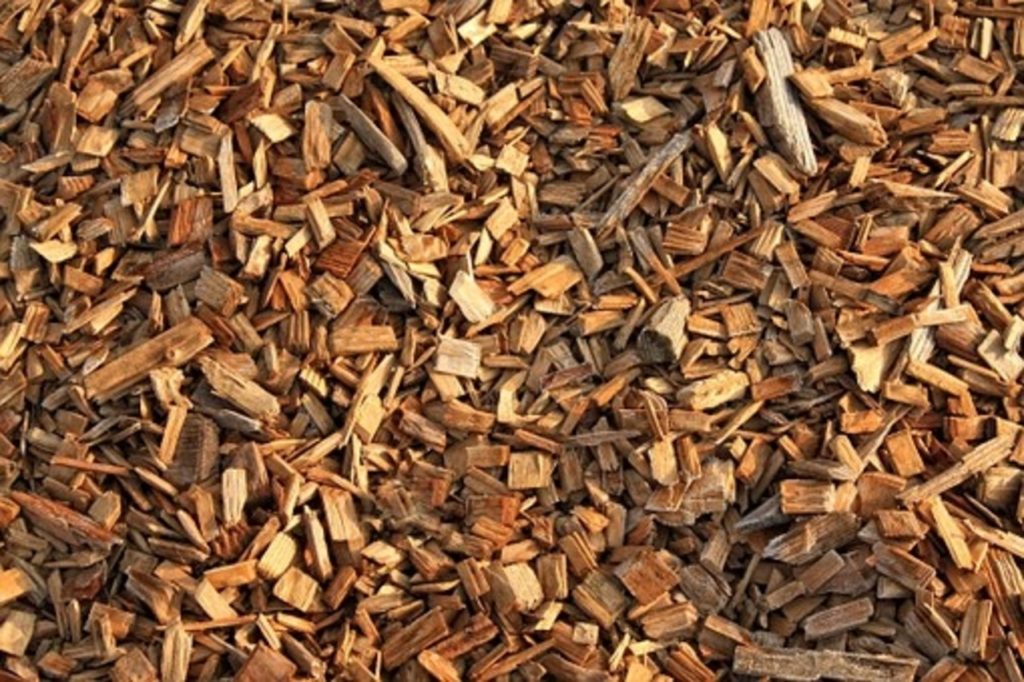The best mulch for roses are products that offer care and allow the plant to grow as expected. The harvest may be poor if your farm doesn’t have well-circulated air and isn’t facing south for at least 5 hours of sunshine and humidity.
However, there’s a solution, mulching! It encourages rose growth by creating a mini-ecosystem of moisture and retard weed growth for healthy growing roses. A good thick, mulch (about 3-4 inches) is ideal but should be applied during spring. So, what is the best mulch for roses? For a satisfying yield, use well-rotted manure, garden compost, or composed straw as the best mulch for roses. If you want to use organic mulch, any of the following should give great results:
- Mushroom compost
- Sheep dags
- Sugar cane mulch
- Whoflungdung by Neutrog
- Garden compost
Read on.
Also CHeck: Best Mulch For Vegetable Garden
What Is the Best Mulch for Roses
The best mulch for roses depends on the rose you’re growing. Wild roses grow under different conditions compared to modern and old garden roses. However, some products work universally.
- Non-organic mulch
Gravel mulch
Gravel mulch comes from a special kind of gravel called Colorado rose stone. It’s placed ¾ inch around the rose garden so as not to inhibit water and airflow in the soil. The stones help keep off weeds. These stones also help regulate the fertilizer intake by roses. The spaces around the rocks act as buffers when applying water and mulch.
Gravel mulch doesn’t add any nutrients to the soil.
Other inorganic materials include landscape cloth, small pebbles, black plastic, and ground rubber tires. They protect the rose plant from weeds but lack different mineral offering capacities.
Organic mulch
- Cedar Mulch
These are shredding from cedar trees applied to form a blanket around the rose bed. Cedar mulch helps retain moisture during high humidity seasons. Cedar mulch also adds aesthetic value to your rose garden.
- Grass And Straw Clippings
Like cedar mulch, grass and straw clippings are organic tree falls collected around the rose bed to provide nutrients for the soil and moisture for the roses.
When using grass clippings, ensure they’ve dried out first to kill the weeds and replace them more frequently. They contain tiny weed seeds that affect roses.
What Is The Best Thing To Mulch Roses With?
The best thing to mulch roses with is organic mulch. Organic mulch contains few chemicals that may affect the rose and soil, unlike fertilizer-based mulch. Organic mulch is also reasonably easy to access.
Some examples include grass, straw, and wood clippings. These products act as insulators for your roses and bind nitrogen within the soil to provide nutrients as the roses grow and improve soil texture.
The clippings also increase the immunity of roses against pests and infections.
How Do You Mulch Around Roses?
You mulch around roses by applying your preferred mulch around the rose bed, layering it 3 – 4 inches thick on the soil. Ensure to put a wider diameter around the actual rose plants than the rest of the soil area.
Mix both large chunks and shredded bits of your mulch to aid in texture formation.
It’s beneficial to place the mulch on top of a bed of compost to increase the chances of the soil improving its fertility. Mix mulch 50/50 with your chosen organic compost
Loam-based organic compost is preferred.
What Is The Best Organic Mulch For Roses?
The best organic mulch for roses depends on the soil you’ve grown your roses on. In clay-type grounds, the most preferred mulch include grass and straw clippings, wood and cedar shreds, sugar cane mulch, garden, and kitchen compost.
They work well to suppress weeds.
For sand-type soils, the most preferred mulch is leaf mold. Leaf molds provide these soils with added nutrients while also improving the moisture lock capacity of the ground during high humidity seasons.
Don’t use your organic farm waste if you apply herbicides; the chemicals will affect the rose plant.
Do Roses Like Pine Bark Mulch?
Yes, roses do, in fact, like pine bark mulch. However, it’s important to note that this type of mulch is advised to be added on top of compost for nutrient activation and to facilitate rose growth. Adding compost is crucial because it prevents leaching from occurring.
Are Pine Needles Good For Roses?
Yes, pine needles are good for roses. They’re light and easy to move around once spread on the rose bed, allowing easy air circulation. Of the different types of pine needles, though, the longleaf pine needles work best.
Is Sugar Cane Mulch Good For Roses?
Sugar cane mulch is an excellent mulch for roses. It has enzymes that encourage microorganisms in the soil to bind and provide nutrients. Sugarcane mulch also breaks down quickly to provide organic nutrients to the ground and stays moist longer.
It’s an excellent controller of weeds and disease protection for the rose plants.
Is Cypress Mulch Okay For Roses?
Yes, it’s okay to use cypress mulch on roses. Unlike other organic mulch, cypress mulch is more resistant to decay. This means it retains moisture and provides cover for the soil for longer. They also prevent weed infestation for longer than other organic mulch on rose gardens.
It’s important to note that cypress mulch may restrict moisture levels on the soil.
Cypress trees are also essential to the ecosystem of places they grow; therefore, take note not to cut them down for mulching. Buy in tiny amounts.
Can You Put Cedar Mulch Around Roses?
Yes, you can put cedar mulch around your roses. They’re excellent water retention buffers and provide nutrients back into the soil once they decay. However, you should ensure that the cedar mulch is not pressed against the rose plant.
Cedar mulch is lightweight and has a delicate texture; they clamp together when wet and may cause decay to the plant through inhibited airflow.
It’s also essential to note cedar mulch may cause plants’ allelopathy (leaching of wood toxins) into the soil and affect the roses.
Are Coffee Grounds Good For Roses?
Coffee grounds aren’t perfect for roses. Although you can use the coffee grounds, they have several restrictions that add more work to rose gardening than necessary. If you choose to use coffee grounds, take note of the season. Using the settings during summer and autumn may dry out the rose plant roots due to the high nitrogen content in the coffee.
They do, however, have phosphorus, potassium, and calcium that are beneficial to roses in tiny amounts. Coffee grounds also feed the living organisms in the soil, improving soil structure allowing rose roots to take up water easily.
For every half a ground of coffee grounds added to roses, add two gallons of water per rose.
Should I Mulch My Roses For Winter?
Yes, you should mulch your roses for winter. You mulch roses in winter through mounding. Mounding involves building soil and mulching to little hills around the rose plant around 15-20 cm.
Little mounds prevent the roses from going dormant during winter through heat insulation.
Cover their base with soil-type mulch instead of straw mulch for better heat insulation when growing climber roses.
For hybrid tea roses, the straws are placed on the crown of the rose to improve disease resistance in the cold and prevent breakage from loaded snow.
Surround the rose bed with gravel mulch if you’re using straw mulch to prevent wind from carrying away your covering.
When Should I Remove The Mulch From My Roses?
You should remove mulch from your rose plants depending on the season and area you’re in and why you mulched your roses, to begin with. It’s unwise to remove the covering during winter for obvious reasons (they still need insulation from the cold and snow).
Mulch can be removed from roses during spring when the air is warmer, and temperatures are around 32 Fahrenheit.
You can also remove mulch from roses when the leaves have fully bloomed.
If you feel your flowers still need moisture and nutrients during spring, it’s okay to keep the mulch, however, change the products every three months.
FAQs
Are Eggshells Good For Rose Bushes?
Yes, eggshells are good for rose bushes. They are some of the most common organic fertilizers used in gardening today. They have an abundance of nutrients that add strength to plants once decomposed.
Primarily rich in calcium, eggshells improve the capacity of roses to fight against diseases and pests by improving their sturdiness. They also improve the leaf foliage on the rose plant and improve root health.
While eggshells are suitable for the rose bushes, it’s advised to add them onto the farm properly crushed and incorporate another mulch containing magnesium to better improve the rose plant’s potential for fighting diseases such as blackspot.
Is Leaf Mould Good For Roses?
Yes, leaf mould is suitable for roses. It’s the most common mulch used for roses and other plants. They have an excellent capacity to retain moisture for long and provide wonderful nutrients to the soil.
Once the leaf molds decay, they get absorbed into the soil and improve the soil texture, which better helps hold the rose plants.
Leaf mold also dabbles as compost for roses.
These molds also allow rose plants’ roots to grow deeper by increasing the fungi and mycorrhiza in the soil.
The best leaf mold comes from beech, birch, ash, hornbeam, willow, pine, cedar, and oak trees.
Parting Shot
What’s the closing line on what is the best mulch for roses? Well, use:
- Garden compost
- Straw (composted)
- Well rotted manure
Apply a thick mulch of at least 3 inches. Do it before weeds grow to keep weeds entirely away. If, however, you strictly want to use organic mulch. Sheep dags, garden compost, and sugarcane mulches are among the best to go for.


